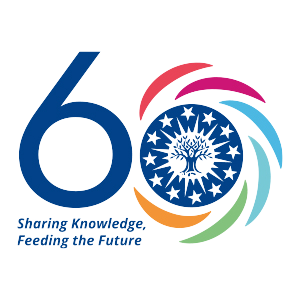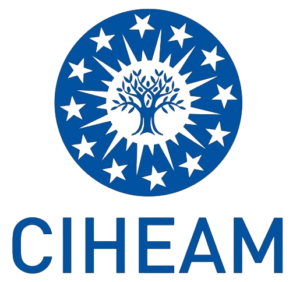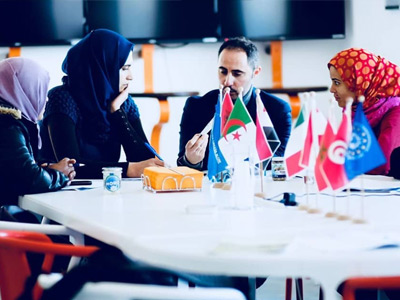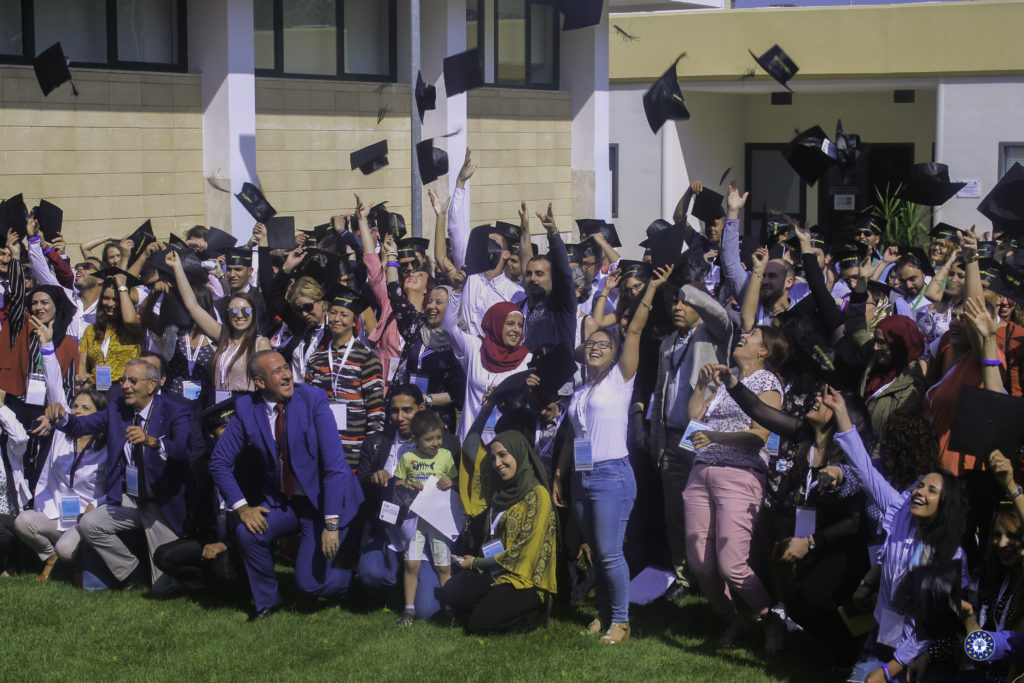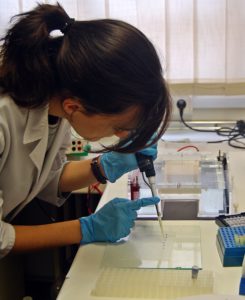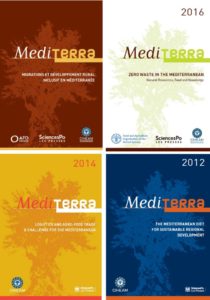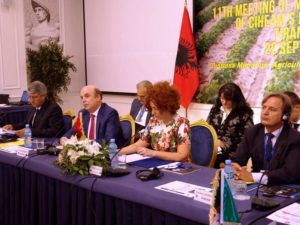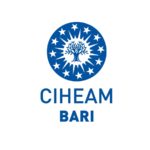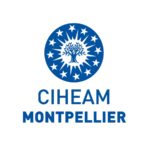Publication of the Outcomes of the Webinar "Blue Transformation: Strategies and Actions for Sustainable Agri-Food Systems in the Mediterranean"
On 21 March 2024, the webinar entitled "Blue Transformation: Strategies and Actions for Sustainable Agri-Food Systems in the Mediterranean," organised by the SFSMED platform, brought together a diverse audience of 323 participants from 54 countries, including 238 from 16 Mediterranean countries. This virtual event provided a unique opportunity to share new perspectives and highlight essential initiatives for integrating aquatic food systems into a dynamic of increased sustainability.
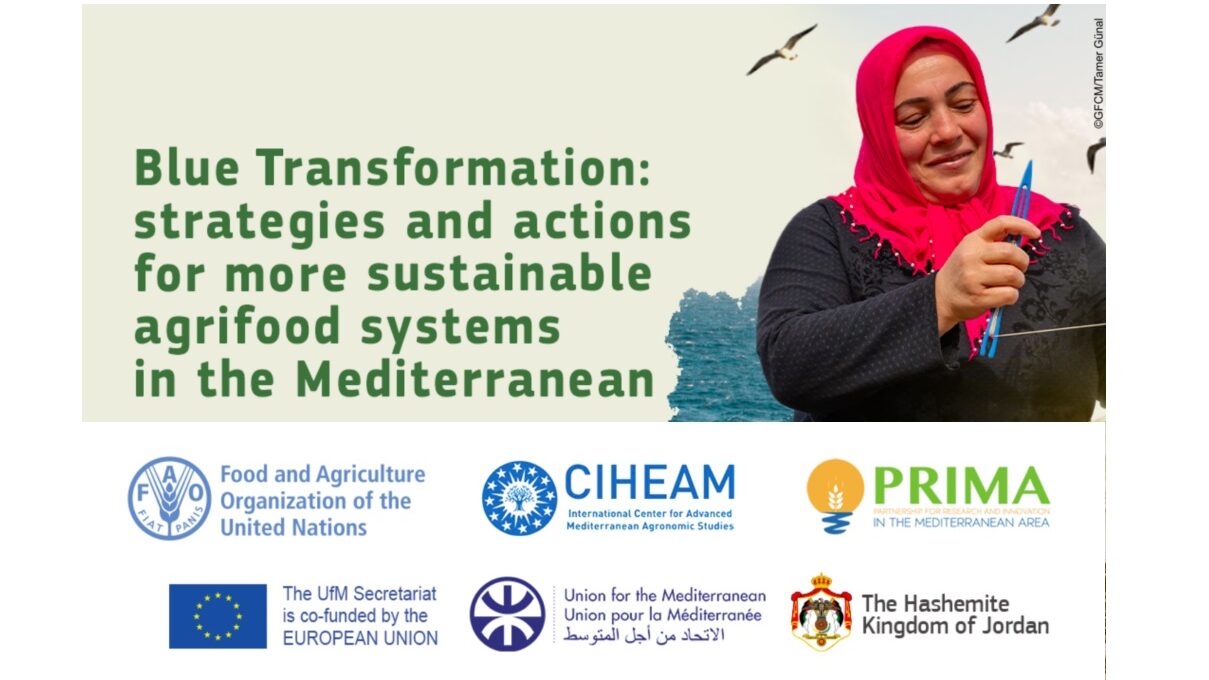
The discussions during this webinar allowed stakeholders from across the Mediterranean region to share their knowledge and experiences on the crucial importance of policy development, research, capacity building, technology, and financing in supporting the blue transformation. The speakers emphasized the vital role of the Mediterranean fishing and aquaculture sectors in supporting food security, improving livelihoods, and protecting the cultural heritage of the region.
At the heart of the discussions, the blue transformation was presented as an ambitious vision aimed at developing aquatic food systems and increasing their contribution to healthy, nutritious, and affordable diets for the most vulnerable populations, while promoting equitable growth, especially for communities dependent on fishing and aquaculture.

The panelists also stressed that, to address the complex challenges facing these sectors, it is imperative to make concerted efforts in investment, governance, technological innovation, education, and knowledge exchange.
Blue governance and policy reforms were identified as essential levers to foster public-private partnerships and encourage private investments in innovative projects. In the Mediterranean, the implementation of science-based management plans and the establishment of regulated access fishing zones have helped reduce the overexploitation of fishery resources while creating an enabling environment for the sustainable development of aquaculture.
Moreover, the importance of creating educational pathways tailored to labour market needs was emphasized to promote youth employment in sectors related to blue transformation. Multistakeholder and community-based approaches are essential to promoting collaboration, dialogue, knowledge exchange, and intersectoral and regional partnerships. The active participation of coastal populations in the design and implementation of interventions is crucial to fostering sustainable change and the adoption of alternative economic models that preserve marine ecosystems and biodiversity.
Finally, strengthening regional cooperation is considered fundamental for the integration of the blue and agri-food sectors and the advancement of the blue transformation roadmap, thereby ensuring holistic regional development and achieving the Sustainable Development Goals (SDGs).
Download Webinar Outcomes
To learn more about this webinar and access the related resources, please visit the SFSMED platform website.

